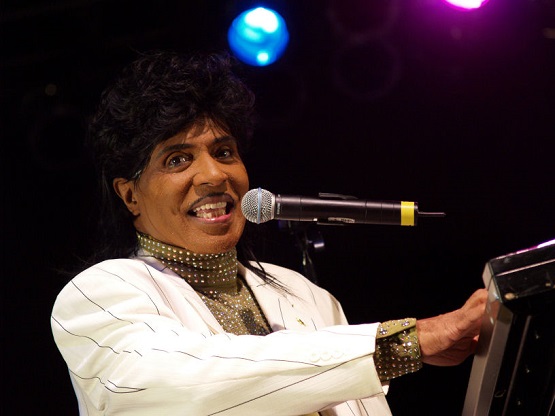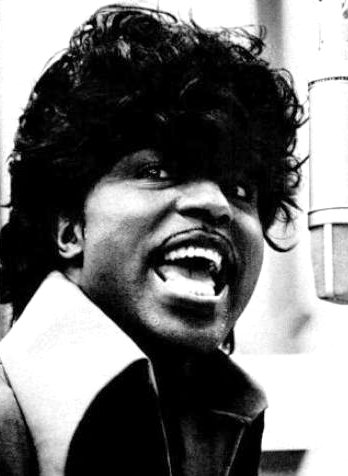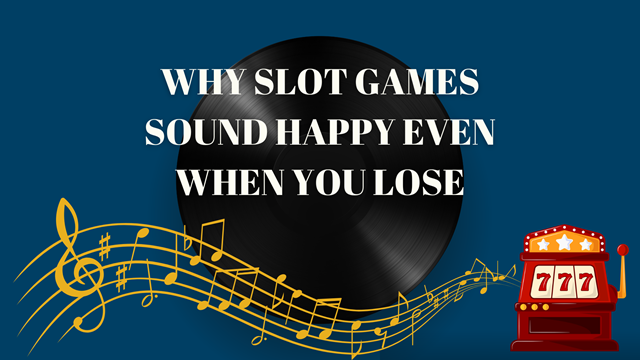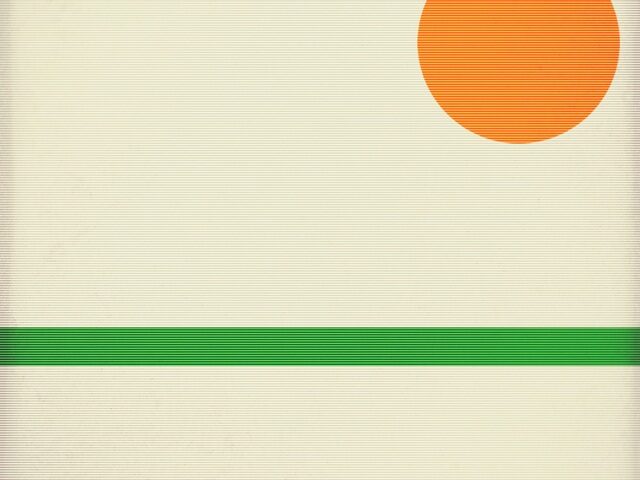
On this website, we spend more time promoting and celebrating the lesser-known names in the music business than we do the bigger names. The bigger names don’t need our help, and nor do they need anybody else’s. Their names are already ‘made,’ and anything they created would sell whether or not sites on the internet were writing about them. We think it’s a better use of our time to get behind underdogs and up-and-comers, and we’re proud of that stance. There’s always a time and a place to make an exception, though – and we’re very happy to do so with Little Richard, who passed away earlier this month.
Although we cover every genre on this website, we probably cover rock and roll more than any other sound. That’s why it’s so important to step back and take a moment to appraise the work of the legendary performer and songwriter now he’s gone. Without wanting to go too far with hype or sensationalism, rock and roll would never have reached the heights that it did without Little Richard driving it along. Elvis Presley may have got more airtime, but the King of Memphis was selling a safe, sanitized version of rock. Little Richard was dancing right on the edge of the wave, and took the sound far further. Many people feel that he invented rock and roll. He was one of them, and he wasn’t shy about telling people, either.
Whether or not you feel like the performer invented the genre – and it really is just a matter of opinion, so there’s no right or wrong answer there – he certainly invented the concept of an over-the-top rock and roll performer. Little Richard was the Liberace of rock. He was a performer so flamboyant that during his early years, nobody knew what to make of him. The wild rock and roll antics of the Doors, the Who, and even the New York Dolls and the Sex Pistols years later all shocked their audiences and outraged the press, but in reality, Little Richard had been doing most – if not all – of those things years earlier. Without Little Richard, there would be no Rolling Stones. There would certainly be no James Brown, who began his career as a Little Richard impersonator. As cliched as it may be to say so, it’s impossible to overstate his influence as a performer both on his own generation and the generation who grew up watching him.

It might be fair to say that Little Richard’s legend persisted more because of his influence than his music. Ask most people to name you a Little Richard song, and they’ll struggle to come up with anything other than ‘Tutti Frutti.’ If you give them a little longer to think about it, they might be able to add in ‘Good Golly Miss Molly’ or ‘Long Tall Sally,’ but after that, they’ll really get stuck. You might be struggling to think of any other tracks beyond those three right now. That isn’t really surprising. Little Richard’s career as a musician at the top of his game was, by modern standards, short. He was like a firework, burning through the sky in an instant and then gone before anyone really knew what had happened, but living on in the memories of everyone who saw him. He did all his best work in a very concentrated span of time and then, save for a few brief comebacks in later years, stayed out of the spotlight.
Little Richard didn’t walk away from the stage because he was out of ideas, but because he was struggling with who he was and what he believed. Throughout his career (and his life), he alternated between being a conservative born-again Christian and a drug-taking hedonistic bisexual man in an era where being anything other than white and heterosexual was a problem. Some musicians still struggle to ‘come out’ today, during a time where being gay generally isn’t frowned upon. Little Richard did it when it was illegal in most countries. Even ‘Tutti Frutti’ was originally a reference to both sex and sexuality before his record label got their hands on it and ordered a rewrite of the lyrics. Little Richard wasn’t just a trailblazer on the stage. He was a trailblazer for society – even if there were times in his life when he regretted being one.
Another thing that sets him apart from his contemporaries is the fact that he never sold out. Even in death, the estates of many musicians are sold for as much as they can get. You can find casino games on online slots websites based on the music of Elvis Presley. He’s not alone on there; Michael Jackson and Jimi Hendrix have online slots based around their back catalog, too. Plenty of other living musicians – Alice Cooper, for example – have also agreed to appear on online slots for money. Little Richard never did anything even vaguely similar. You’d be hard-pressed to find a Little Richard t-shirt. There are certainly no Little Richard action figures, or ‘official beers,’ or any other non-musical products. When he worked, he was all about the music, and when he was no longer working on music, he never sought to make money from his work any other way. You couldn’t say that about most performers of his era. You can say that about even fewer musicians living and working today.
Little Richard was one of the very last of his kind. He worked and played during a time when rock and roll was new and exciting, and live music was innovative and creative. Little Richard came before Beatlemania, and punk, and grunge, and heavy metal. He touched every single one of those genres, though. His music laid the foundations for everybody else to build upon, and showed a generation of young performers that you didn’t have to stand at a microphone in a suit and smile sweetly. If you wanted to break loose, you could break loose. Nobody ever broke loose like Little Richard. Perhaps nobody ever will again. He might not have made the headlines for years before he passed away, but the world of music will miss him regardless.





